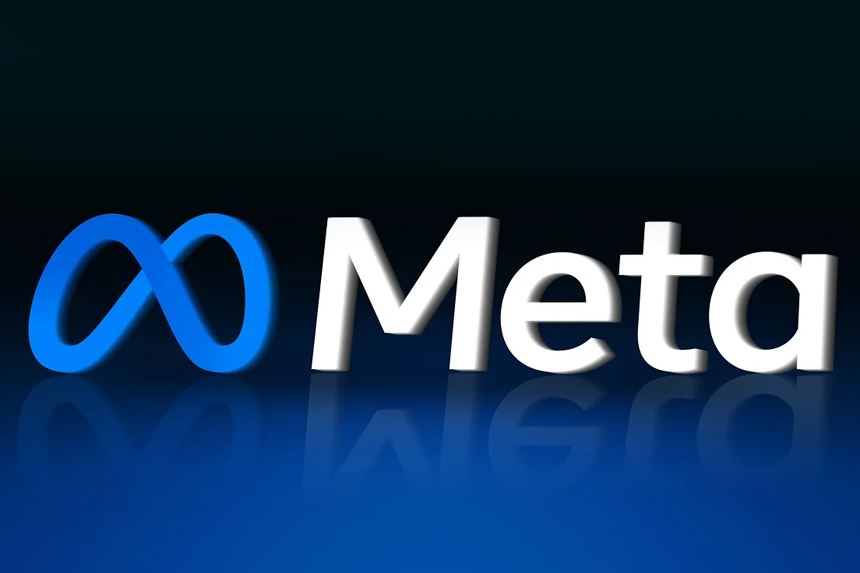Facebook’s parent company, Meta, has revealed a major change in its content moderation policy, which causes great worry about the consequences for underprivileged groups. From many angles, the action—which substitutes user-driven “community notes” for outside fact-checking—has been hailed or attacked. Particularly for minority groups, this shift in Meta content filtering has many people wondering about possible repercussions.
Why is the co-chair of the Oversight Board raising questions?
Former Prime Minister of Denmark and co-chair of Meta’s monitoring board Helle Thorning-Schmidt voiced grave worries about possible harm to minority communities. She underlined the potential damage to vulnerable groups, including the LGBTQ+ community and those supporting gender rights, even while she admitted certain advantages of the upheaval.
She cautioned, “We will be watching since we are seeing an alarming number of cases where hate speech can lead to real-life harm.”
Thorning-Schmidt also underlined the need to keep openness and communication in ever more weight. “That’s why it’s great we have an oversight board that can debate this in a transparent way with Meta,” she said.
Why Does Zuckerberg Think the Choice Made Sense?
Meta CEO Mark Zuckerberg backed the action in a video accompanying a blog post as a return to the company’s “roots around free expression.” He attacked current fact-checking systems as being “too politically biased,” resulting in rules that unintentionally sentenced many users. This change fits Meta’s larger plan to overhaul its content moderation using a more user-driven method.
“It means we’re going to catch less bad stuff but we’ll also minimise the number of innocent people’s posts that we unintentionally remove,” Zuckerberg added.
Are Critics Correct in Forecasting Risky Results?
Critics of the ruling have expressed worries, calling it a serious threat to public safety and democracy. Viewers feel this shift in meta-content monitoring could magnify negative information and expose dangers for underprivileged groups like the LGBTQ+ population.
Meta's change in content moderation: a risk or a benefit?
Although others contend that meta-content management will allow for more free expression on the network, the declaration has attracted strong criticism. Advocates of the modification contend that it lessens arbitrary censorship—particularly of political materials.
Zuckerberg’s message was clear: the choice was meant to let more freedom of expression across Meta’s platforms, notwithstanding mounting resistance.








